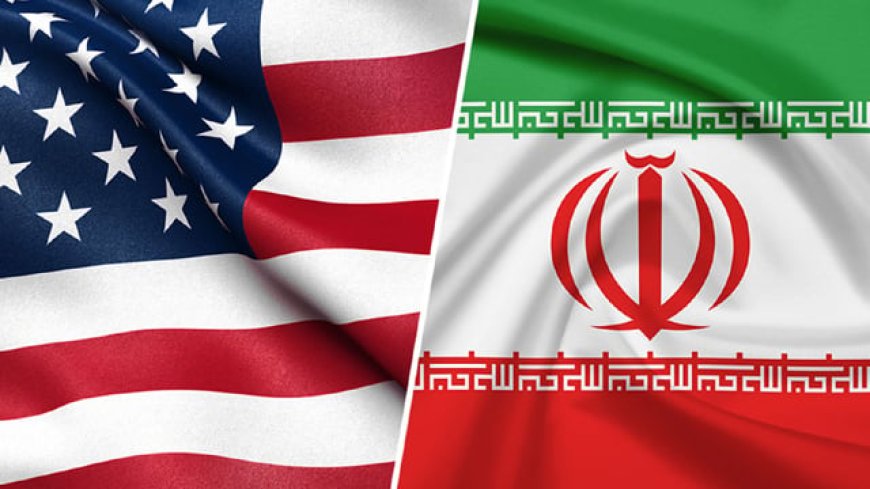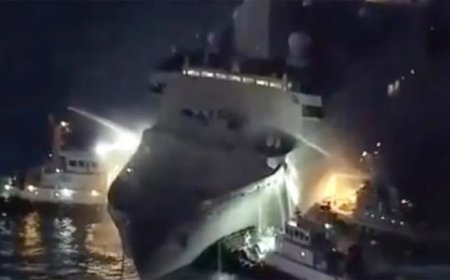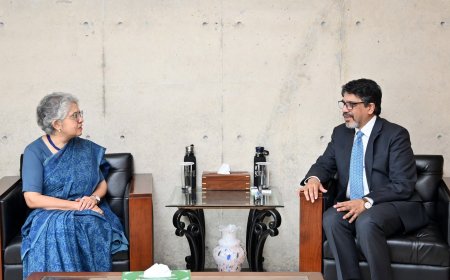US, Iran Report Nuclear Talks Progress, Plan Further Meeting
US, Iran Report Nuclear Talks Progress, Plan Further Meeting

The United States and Iran reported progress in their second round of high-stakes nuclear talks on Saturday and agreed to resume discussions next week, according to both sides.
The meeting, mediated by Oman and held in Rome, lasted about four hours. Iran’s Deputy Foreign Minister Abbas Araghchi described the talks as productive, saying the two sides had achieved a "better understanding on a series of principles and goals." A senior U.S. official echoed that assessment, calling it a day of "very good progress" in both direct and indirect exchanges.
Iranian foreign ministry spokesperson Esmaeil Baqaei announced that technical-level talks would resume in the coming days, followed by a high-level meeting on Saturday, April 26. While the U.S. confirmed another round of talks, it did not specify the date or location. Oman later stated that the third round would be held in Muscat, the venue of the initial discussions a week earlier.
These negotiations mark the most significant engagement between Tehran and Washington since former President Donald Trump withdrew the U.S. from the 2015 nuclear deal in 2018. Since then, tensions have escalated, with the U.S. reimposing sanctions and Iran stepping up its uranium enrichment activities. Despite longstanding Western suspicions, Iran insists its nuclear program is for peaceful purposes only.
According to Oman’s foreign ministry, both sides aim to secure a "fair, enduring and binding" agreement that prevents Iran from developing nuclear weapons while preserving its right to peaceful nuclear energy. Omani Foreign Minister Badr Albusaidi expressed cautious optimism, saying the talks are "gaining momentum" and that "even the unlikely is possible."
Baqaei said the two delegations remained in separate rooms at the Omani ambassador’s residence, with Albusaidi serving as the intermediary. Diplomatic ties between the U.S. and Iran have been severed since shortly after the 1979 Islamic Revolution.
Since returning to office, Trump has revived his "maximum pressure" policy, ramping up sanctions while extending an olive branch for renewed negotiations. In March, he wrote to Iran's Supreme Leader Ayatollah Ali Khamenei, signaling openness to diplomacy while warning of possible military action.
On Thursday, Trump remarked, "I'm not in a rush" to use force, adding, "I think Iran wants to talk." Iranian negotiator Araghchi said he detected a "degree of seriousness" in the first round but remained wary of U.S. intentions.
UN nuclear watchdog chief Rafael Grossi recently warned that Iran is "not far" from having the capacity to produce a nuclear weapon, calling the current phase of talks "very crucial."
Following the U.S. exit from the 2015 deal, Iran initially upheld its commitments but later scaled back. It now enriches uranium to 60 percent purity, well beyond the deal’s 3.67 percent cap but below weapons-grade level.
Meanwhile, U.S. Secretary of State Marco Rubio urged European partners to consider triggering the “snapback” mechanism that would reinstate UN sanctions. That option expires in October. Iran has warned it may quit the nuclear Non-Proliferation Treaty if the mechanism is activated.
Though Washington is reportedly keen to expand the scope of talks to include Iran’s missile program and regional activities, Araghchi said Saturday that the U.S. had so far stayed focused solely on the nuclear issue. He reaffirmed that Iran’s right to enrich uranium remains "non-negotiable," despite U.S. calls for a full halt.
On Saturday, Israeli Prime Minister Benjamin Netanyahu reiterated his country’s determination to prevent a nuclear-armed Iran, vowing not to yield "even by a millimetre."
What's Your Reaction?






















































































